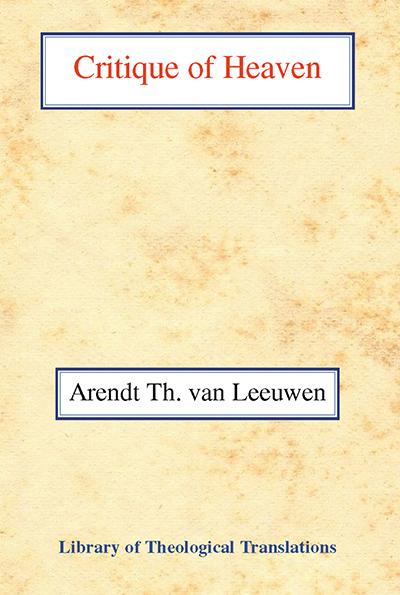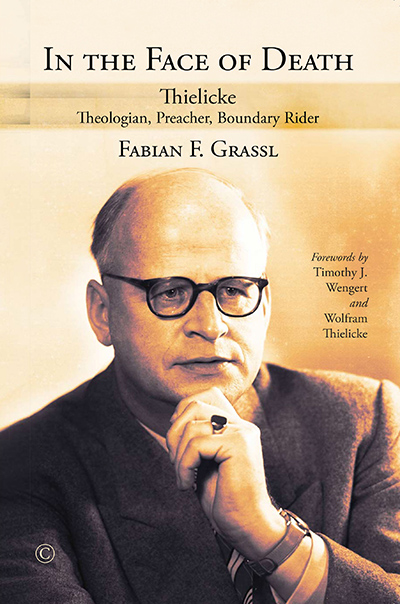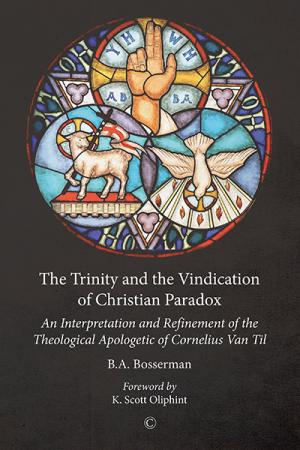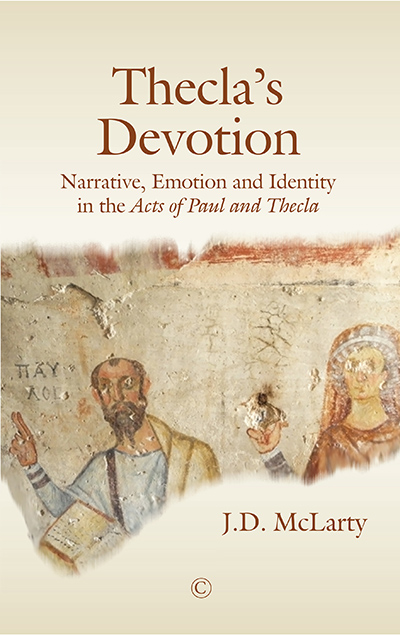Description
The first series of van Leeuwen’s Gifford Lectures shows that Christian philosophy occupied a key position in Marx’s view of world history and his confrontation with it played an important role in his development as a thinker. Van Leeuwen has written a thoughtful account of this confrontation and of Marx’s critiques of religion which was one of the major themes of his early thought. “It is not the religious situation as such which preoccupies him during these early years,” van Leeuwen writes, “any more than it is the question of economics as such which will absorb his attention during the mature period of his life. The point at stake is an underlying problem, which lies at the root of the religious as well as the economic question,” – how to alter radically a universal, though man-made, philosophical or economic system. Van Leeuwen’s exploration of the encounter between the young Marx and Christianity is a provocative and important reinterpretation of Marx’s thought that points towards a new view of the religious and economic systems with which Marx was concerned.





